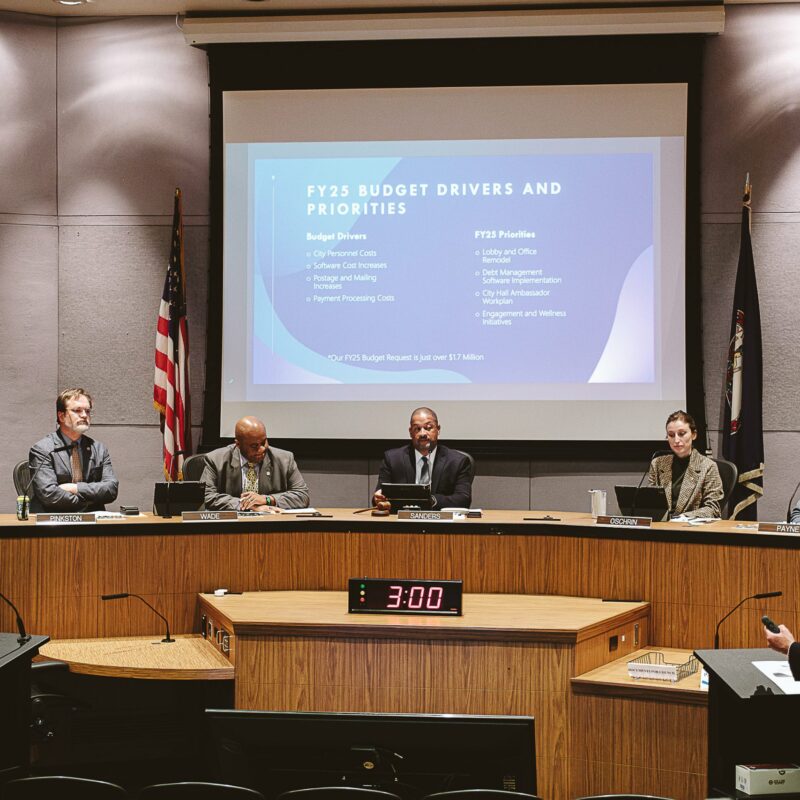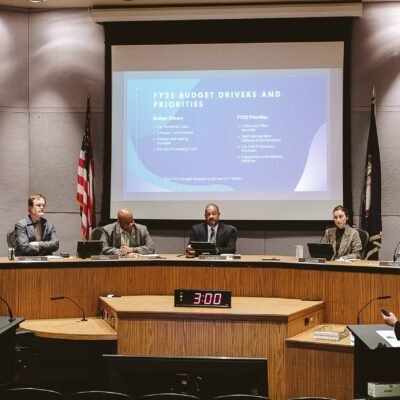One of Barack Obama’s most attractive campaign promises was that he would shift America’s military focus from Iraq (the unjust war) to Afghanistan (a war of retaliation, at least). More than a year into his presidency, it’s beginning to look like the shift—crystallized in December when he announced a troop surge and withdrawal deadline—might have been a big mistake. At least, that’s the message of the the Virginia Quarterly Review’s harrowing spring issue, “Graveyard of Empires: Obama’s Afghanistan.”
 |
The troop surge in Afghanistan was inspired by the arguable success of the surge in Iraq. In “The Path to Yaghestan,” Elliott Woods (a 2008 UVA graduate and Iraq veteran) notes the “glaring contextual differences” between Iraq, which has a history of cosmopolitanism and centralized rule, and wild Afghanistan. “The ground in many parts of [Afghanistan] is poorly suited to agriculture, but is ideal for guerilla warfare,” writes Louie Palu. Remote tribes are fiercely protective of their guests, civilian and Taliban alike, writes Guy Smallman. Seen through that lens, Obama’s attempt to retrofit the surge solution to Afghanistan is beginning to look like the kind of one-size-fits-all foreign policy solution that Obama promised to jettison as Commander in Chief.
General Stanley McChrystal, who Obama appointed as commander of forces in Afghanistan, said, “The people of Afghanistan represent many things in this conflict—an audience, an actor, and a source of leverage—but above all, they are the objective.” But severe missteps, including drone attacks that resulted in scores of civilian casualties in both Azizabad (an estimated 90 civilian casualties) and Bala Baluk (as many as 147), already made there have polarized many Afghans against Americans. “More than 2,100 civilians were killed in conflict-related violence in 2008, a jump of almost 40 percent from the year before,” VQR editor Ted Genoways writes in his introduction. (Around 2,750 died on 9/11.) Jason Motlagh quotes Malalai Joya, an activist politician for “The Bombing at Bala Baluk,” who says, “When one Afghan is killed his whole family becomes your enemy.”
Two questions remain at the end of the issue: Who benefits from the Afghan war? Can it end well? As the BBC reporter David Loyn noted in his book In Afghanistan, the nation has defied two centuries of occupation by British, Russian and American forces. There’s a fine line between continued American occupation and the creation of an American-style democracy. J. Malcolm Garcia quotes a 16-year-old boy who has been turned away from a voting booth in Kabul: “Democracy in Afghanistan? Never.”





